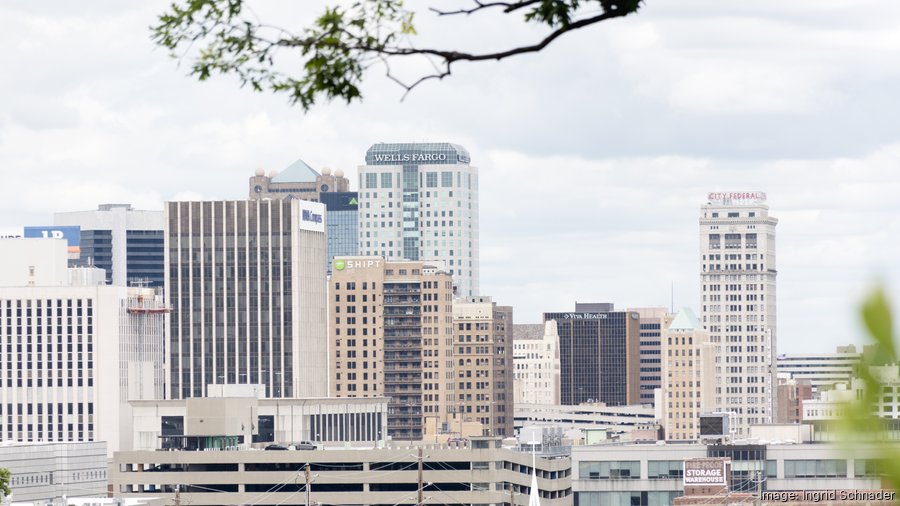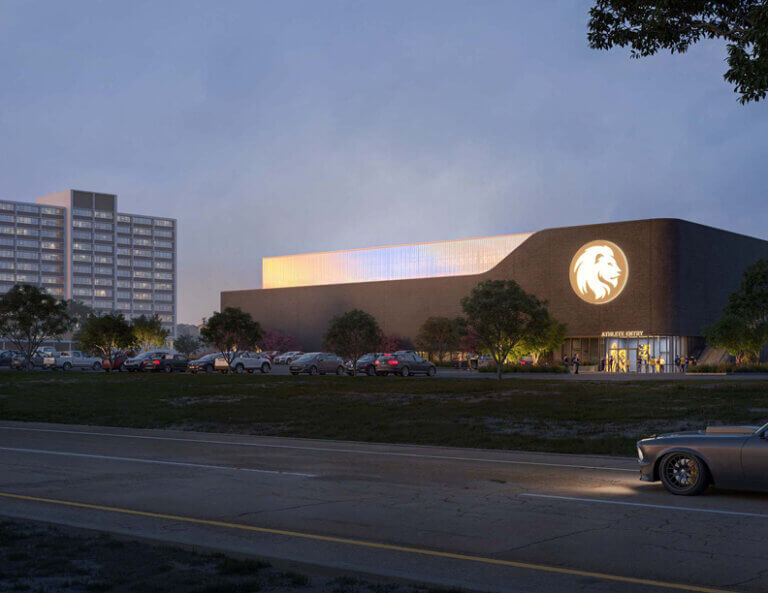
This article originally appeared on the Alabama Center for Real Estate’s exploRE news site.
Clayton McKinnon, director of business development – commercial, at Hoar Construction provides some of his expertise on what issues the Alabama construction industry is facing and how Hoar is keeping up with construction trends.
According to the ManpowerGroup, skilled trades are currently the most difficult positions to fill in the United States. Is this skilled workforce issue affecting your company? If so, how have you adapted to address it?
CM: In the state of Alabama, construction is a $12 billion industry. So, when workforce development becomes an issue, our industry is among one of the hardest hit.
We’re taking a multi-faceted approach to handle the workforce shortage issue. Training the next generation of skilled workers is a focus for us. We’ve hired a full-time learning and development manager and are in the process of rolling out our new-and-improved training program that offers something for every employee in our company. In addition, we actively participate in the Associated Builders & Contractors’ Academy of Craft Training as well as Go Build Alabama, two programs focused on encouraging high school and college-aged students to pursue construction as a career.
We are continually looking for ways to build more efficiently, so we are emphasizing preconstruction and lean construction practices as well as researching and testing new technologies to help us operate more efficiently and find ways to fill the skills gap.
Finally, we are always working to develop relationships with trusted trade partners in the areas where we work. The earlier we can lock in trade partners for projects, the better we can plan and work out our staffing needs.
Other than workforce shortage, what is the biggest challenge the construction industry is facing during this current growth cycle?
CM: Rising construction costs are the main challenge, including materials and labor. The cost of materials, and the lead times to get the materials, have really increased during this growth cycle. Our manufacturers are trying to keep up with demand, so we’re doing our best to plan ahead to give them more time to produce our orders.
Materials are also being affected by tariffs and/or the threat of tariffs, and that is reflected in our suppliers’ pricing as well.
Interestingly, while federal guidelines have loosened and are allowing our owner’s more access to capital, rising costs are making some projects harder to get started.
What new and emerging technology have you adopted/plan to adopt? How will it benefit you and your clients?
CM: We are using technologies like laser scanning and virtual reality to allow our clients to see what their projects will look like early in the construction process. It is less expensive to make a change based on what our clients have seen in the VR world versus making that change once something is installed on-site.
For one of our projects, we even used a robot to help lay 70 percent of the brick on a job where we had limited manpower, which allowed us to meet our client’s schedule.
Scheduling techniques like pull planning and last planner systems have been adapted from manufacturing concepts and are being applied to construction schedules. This allows our teams to move through the course of a project quicker while also creating complete buy-in from the teams doing the work.
Many of our project teams are working using cloud-based project management systems, which makes our teams more collaborative. While the skilled trade labor shortage is affecting our industry, the management talent pool is also stretched in construction, so leaner systems and technology can reduce redundant work for our project management teams.
From your perspective, how much longer will we see growth in construction activity in Alabama?
CM: The American Institute of Architects (AIA) Billing Index has decreased slightly this year. This is an indicator of where construction growth is headed. Design contracts are slowing, but I’m not convinced this is a sign of some great downturn. I think much of this can be attributed to rising construction costs, labor shortages, and tariff worries. Tenants on many of our projects are also being courted by multiple developer “suitors,” so this allows them to be selective in the leases they sign. Therefore, projects are taking longer because tenant lease negotiations are taking longer. because the tenants realize they are in the driver’s seat.
Costs, labor, and tariff concerns not only affect construction but also affect the business models of the end-users, especially our manufacturing and industrial clients. While we do expect to see some cooling in the economy over the next few years, we don’t expect anything drastic. You can’t always run your car with the pedal to the floor. Some cooling will allow labor and cost increases to catch up.
What did the construction industry learn after the last economic downturn that will make them more prepared when the market inevitably slows down?
CM: We always knew that if we could weather the storm, we’d come out stronger on the other side. That has proved to be true. We learned we must be a lean organization, from the accounting department to the project teams in the field. Historically, waste has been rampant when it comes to the efficient use of labor in the construction industry, so we have put a lot of emphasis internally on working to reduce our waste. Ultimately, this allows us to reduce costs and time and pass these savings along to our clients.
Having a diverse portfolio of projects is also key to weathering economic cycles. As a company, our backlog is strong as a result of our diversification strategy, so we feel prepared for the inevitable slowdown.
How does the business climate in Alabama help or hinder the construction industry?
CM: There have been several recent publications that have ranked Birmingham specifically in the top 10 nationally for its business and economic development climate. As a state, Alabama has a strong business-friendly track record. However, I do believe that some of our recent state politics have hindered our business recruitment efforts recently. If we can move past some of those hindrances, we will continue to see growth. Our biggest challenge is getting businesses to give Alabama a look. I’ve always believed if we can get a business to look at Alabama as part of their growth plans, they will be impressed with all Alabama has to offer. We’ve had some tremendous success recently with companies like Airbus, Toyota-Mazda, and Shipt and I believe there will be more to come. As our state’s economic development efforts continue to show success, this will have a direct impact on the growth of the construction industry no matter the market segment.
Hoar Construction is a privately held construction company specializing in commercial, industrial, health care, government, multifamily, and retail construction. Founded in 1940 by Friend Reed (F.R.) Hoar and headquartered in Birmingham, Alabama, the company is currently ranked as one of the top 200 contractors in the United States. Hoar is a member of ACRE’s Alabama Cabinet.

